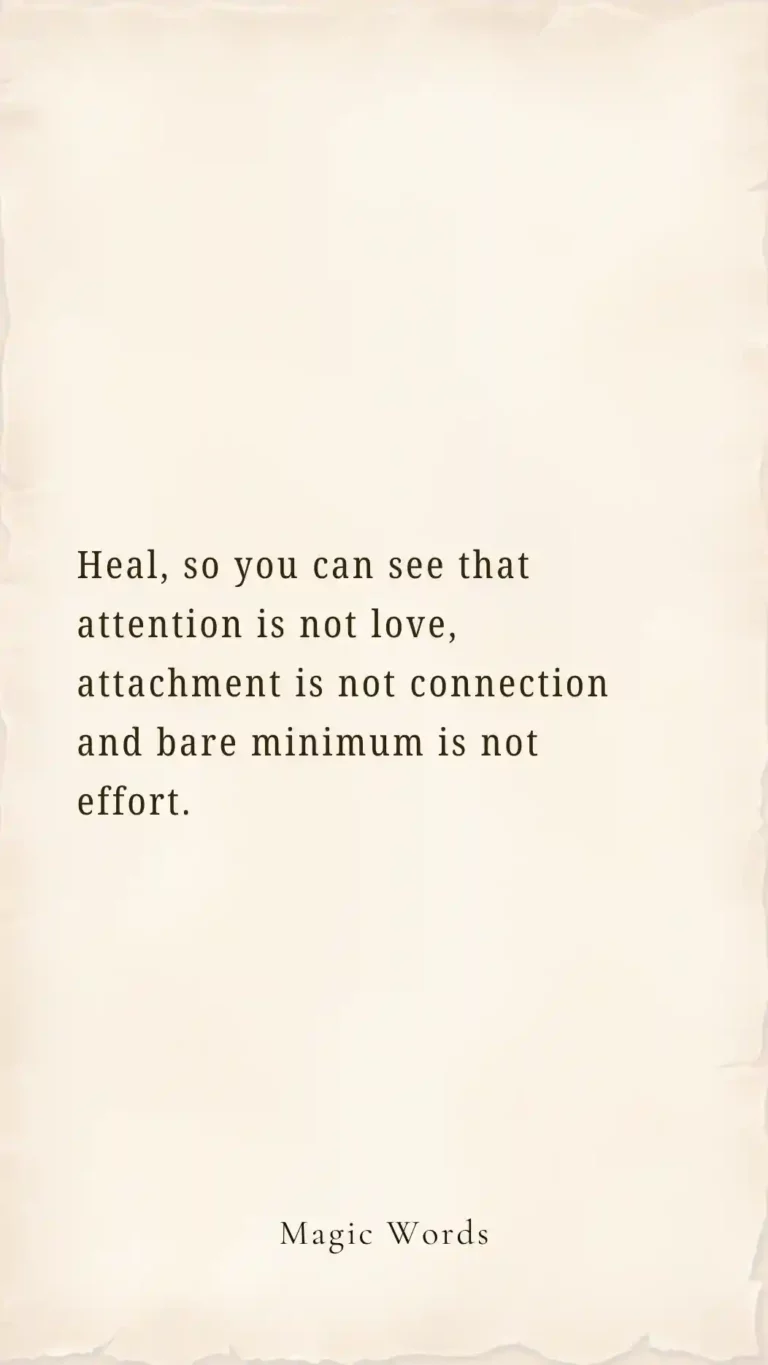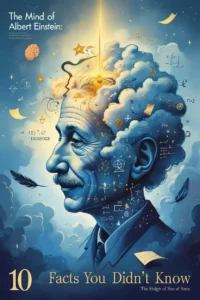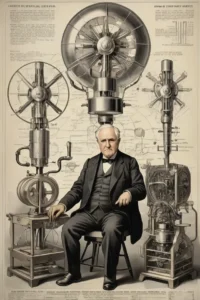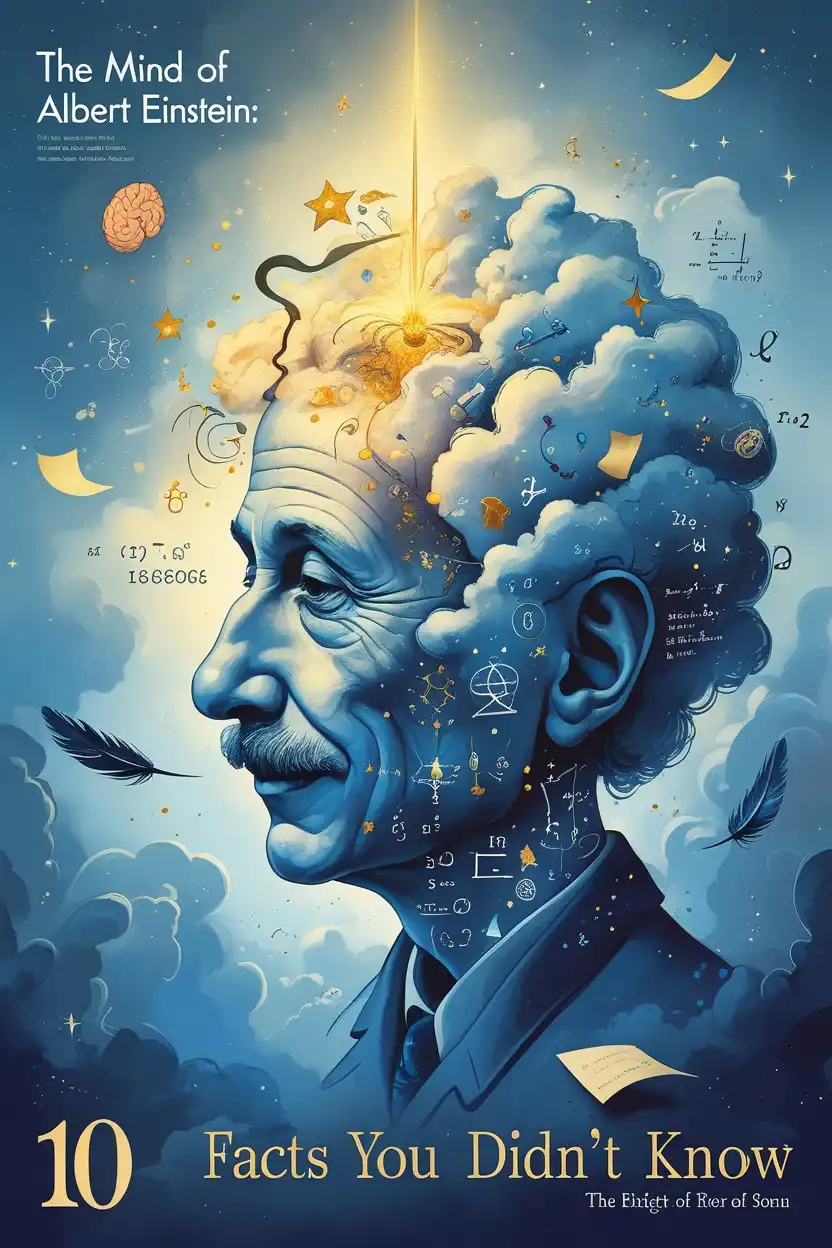Healing: Understanding True Connection, Love, and Effort
In our journey through life, we often find ourselves entangled in relationships, emotions, and expectations. However, to truly heal and grow, it’s essential to recognize the difference between what we think we need and what genuinely nourishes our soul. Healing is not just about moving on; it’s about understanding that attention is not love, attachment is not connection, and the bare minimum is not effort.
Attention Is Not Love
It’s easy to mistake attention for love. Someone texting you every day or liking your photos on social media may feel validating, but love is so much more than fleeting moments of acknowledgment. Love is deep, consistent, and rooted in care and understanding. Healing begins when you stop seeking validation from temporary attention and start valuing genuine affection and support.
True love involves actions that go beyond surface-level gestures. It’s about being seen, heard, and valued for who you are, not just for the convenience of someone else’s time or desire.
Attachment Is Not Connection
Attachment often stems from fear—fear of being alone, fear of losing someone, or fear of change. While attachment can feel like connection, they are fundamentally different. Connection is mutual; it’s about shared understanding, trust, and emotional intimacy.
Healing requires you to let go of unhealthy attachments and focus on building connections that uplift and empower you. A true connection doesn’t drain you; it energizes you and makes you feel safe to be your authentic self.
Bare Minimum Is Not Effort
In relationships—whether romantic, platonic, or professional—it’s crucial to recognize the difference between effort and the bare minimum. Responding to a message or showing up occasionally is not effort; it’s the least someone can do. Effort is intentional. It involves thoughtfulness, consistency, and a willingness to invest time and energy into nurturing the relationship.
Healing means setting boundaries and expecting more than just the bare minimum. It’s about realizing your worth and refusing to settle for less than you deserve.
How Healing Transforms You
Healing is a process of self-discovery and self-love. It allows you to reevaluate your priorities and redefine what truly matters in your life. When you heal, you learn to let go of toxic patterns and embrace relationships that are built on mutual respect, love, and effort.
By understanding that attention is not love, attachment is not connection, and the bare minimum is not effort, you empower yourself to create a life filled with meaningful relationships and genuine happiness.
FAQs
1. Why is healing important in relationships?
Healing helps you break free from unhealthy patterns, set boundaries, and build stronger, healthier connections with others. It fosters self-awareness and emotional growth.
2. How can I distinguish between love and attention?
Love is consistent and rooted in care, while attention is often temporary and superficial. Love involves actions that show genuine concern for your well-being.
3. What are signs of true connection?
True connection involves trust, mutual respect, emotional intimacy, and a sense of safety. It’s about being able to share your authentic self without fear of judgment.
4. How can I stop settling for the bare minimum?
Recognize your worth and set clear boundaries. Surround yourself with people who value and respect you enough to put in genuine effort.
Healing is a journey that starts within. Embrace it, and watch as your relationships transform into sources of joy and fulfillment.





